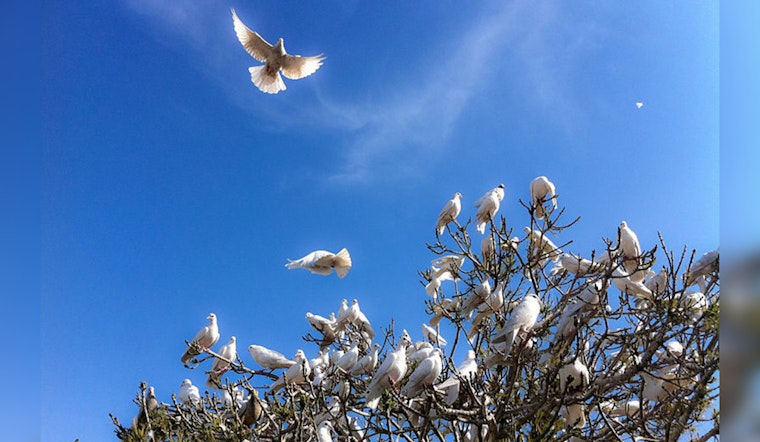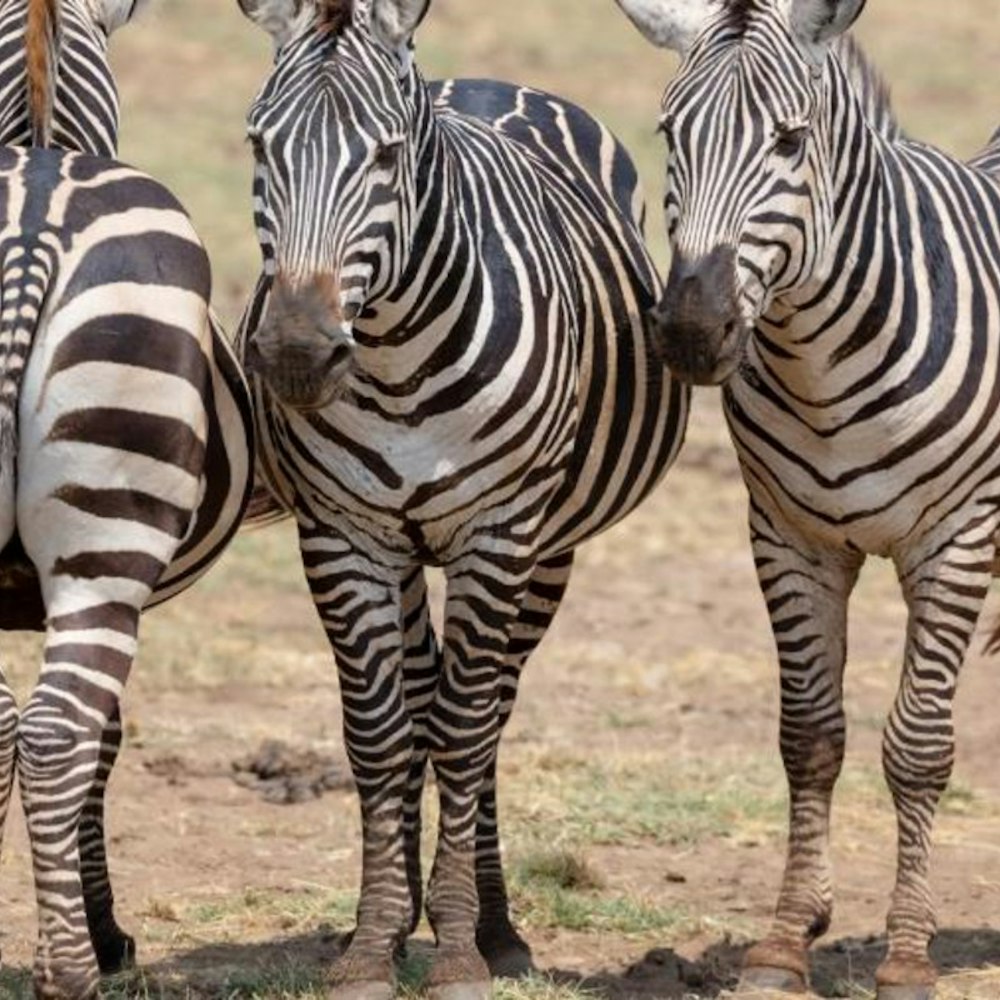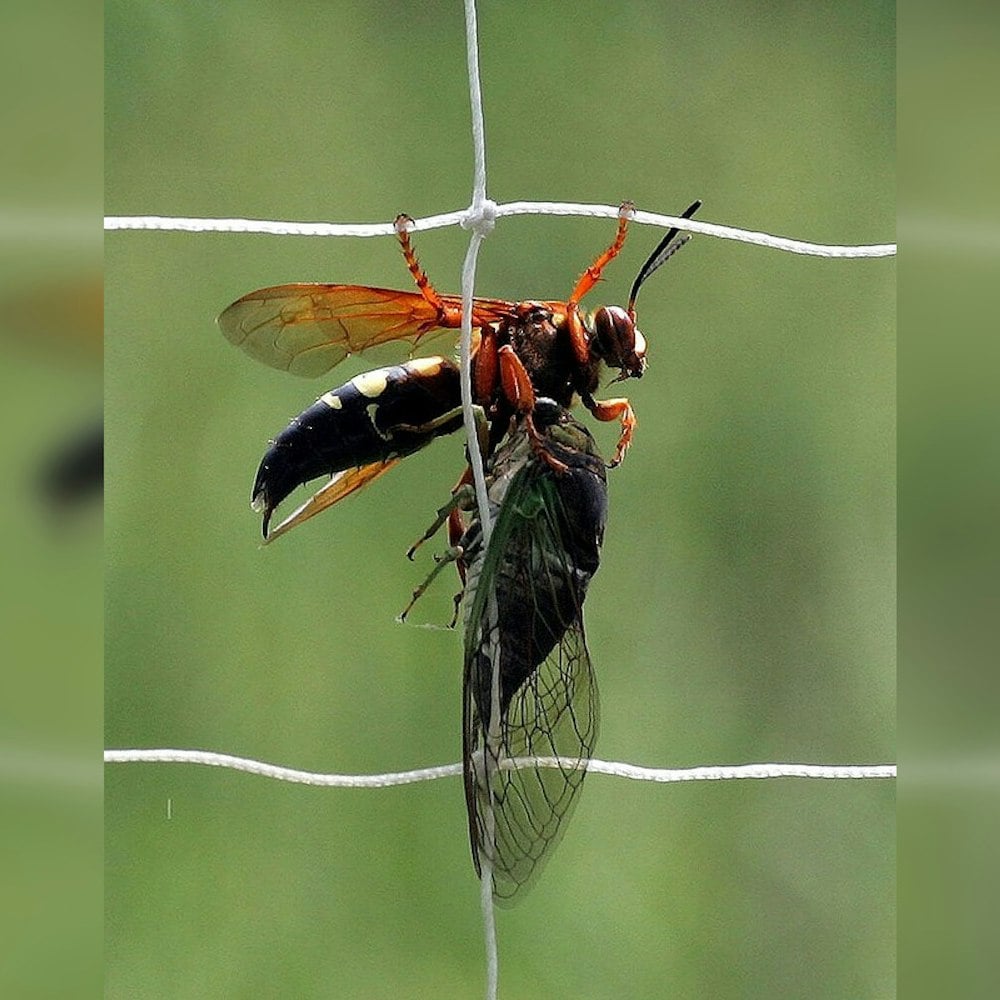
Feathered Texans are facing a crisis as a deadly disease swoops through populations of doves across the state. According to the National Wildlife Health Center (NWHC), a number of these birds have tested positive for Trichomoniasis, an infection that could spell doom for our avian neighbors if left unchecked.
The parasitic perpetrator, known as Trichomonas gallinae, is wreaking havoc on doves, but isn't too picky as it's also targeting other bird species like finches and can jump to birds of prey who snack on the infected. The NWHC assures there's no need to fret for human health, but the situation is pretty grim for the birds with symptoms that include looking puffed up and weak, and in more serious cases, difficulties in swallowing or even breathing, according to the Texas Parks & Wildlife Department.
For those with a bird feeder or bath in their yard, you might want to pay attention. Infected birds could drop more than just feathers; they're likely to spread this nasty bug right where your local birds come to chow down or splash around. TPWD is beating the drum for better biosecurity to curb the disease, urging the public to pause the bird buffet if you spot a sickly dove drooping around your digs.
And if you're going to have a bird bath or feeder, cleanliness is next to godliness. TPWD recommends a strict scrubbing regime using a household bleach solution to keep those avian amenities sanitized. "As a general best practice, all bird feeders and baths should be cleaned frequently using a weak solution of household bleach," as per the Texas Parks & Wildlife Department. Another pro tip they've feathered into the mix is to use feeders that keep the seeds dry, helping to put the kibosh on parasite survival.









